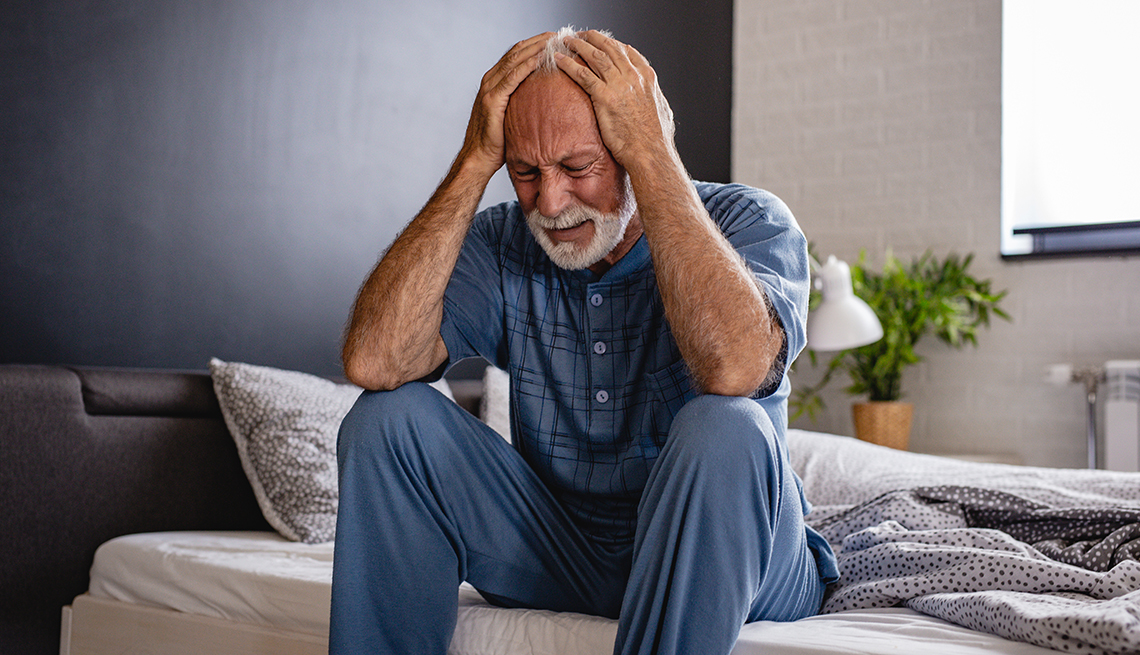
Covid hallucinations seen as another troubling symptom
- Select a language for the TTS:
- UK English Female
- UK English Male
- US English Female
- US English Male
- Australian Female
- Australian Male
- Language selected: (auto detect) - EN
Play all audios:

The disease caused by the virus may also trigger inflammation in areas of the brain that could cause symptoms like hallucinations. And powerful medications, such as steroids, which are used
to reduce inflammation could also be a cause in some, notes psychiatrist Stephen Ferrando, M.D., director and chair of the Department of Psychiatry at Westchester Medical Center in Valhalla,
New York. The body's response to inflammation could also contribute, he adds, since “the immune cascade or cytokine storm behind COVID may play a role in triggering a variety of mental
health problems.” In some patients, hallucinations — which can be as subtle as detecting a burnt-rubber smell when none exists — precede hospitalization and can be a red flag for doctors.
“When people present with hallucinations or delusions in the ER, we now test for COVID,” Fernando says. Such was the case with Marilyn Schneider, 57, who spiked a 104.5 fever in late March.
To stay on top of what she needed to do while feeling ill, she posted notes around her home, reminding her to wake up her son at a certain hour for school and to feed the dog and let him
out. (Her dog had died six years earlier and her 24-year-old son is in graduate school.) "I was in a twilight zone while my fever was high,” recalls Schneider, an executive secretary at
the Cleveland Clinic Fairview Hospital. “I never had hallucinations before — I don't even dream — so this was very odd for me.” When she rolled over in bed and saw an image of herself
pleading for help, she called 911 and ended up in the hospital ICU. That vision may have saved her life. To treat such disturbing visions, doctors often give patients low doses of
antianxiety or antipsychotic medications. “While we wait for the hallucinations to go away, we give patients reassurance, tell them they're in a safe place and they're not losing
their minds,” says Eric B. Larson, a clinical neuropsychologist at the Marianjoy Rehabilitation Hospital, which is a part of Northwestern Medicine, in Wheaton, Illinois. “Some patients are
so scared by the memories of seeing things that were not real that they have symptoms of post-traumatic stress disorder,” Larson says. Even so, the hallucinations and delusions typically
resolve as the illness does, George says, noting that they tend to subside as COVID-related inflammation goes down and brain activity returns to normal.
